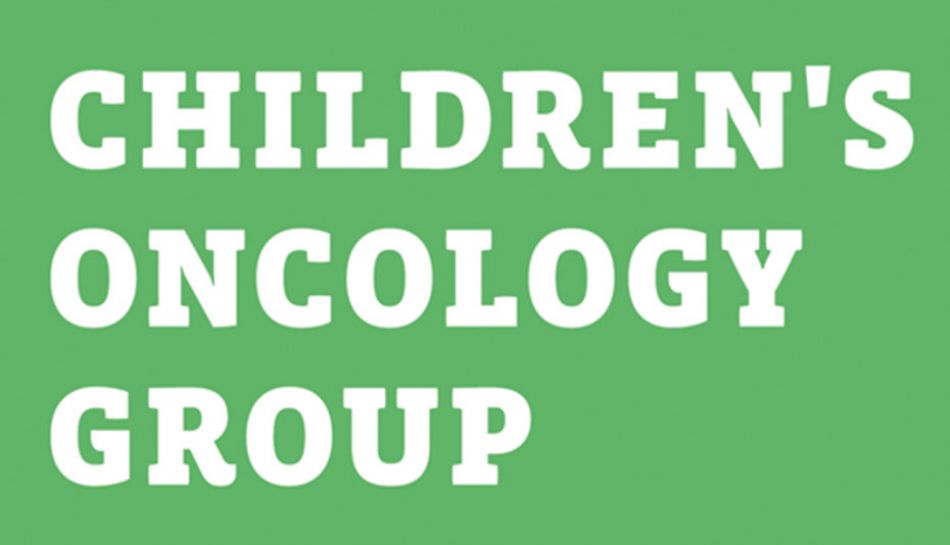
Precocious Puberty After Cancer Treatment
Children treated for cancer may develop problems due to damage to the complex system of glands known as the endocrine system. The glands regulate body

Children treated for cancer may develop problems due to damage to the complex system of glands known as the endocrine system. The glands regulate body
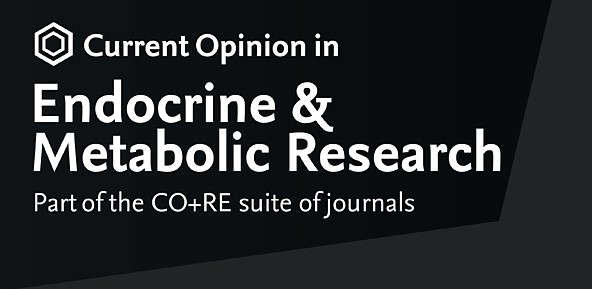
Endocrine late effects are common complications for childhood cancer survivors. Surveillance and management of these are integral to follow-up care. This resource looks at the

The thyroid gland makes two hormones that are essential to growth and mental development and help regulate the body’s metabolism. Damage to the thyroid gland
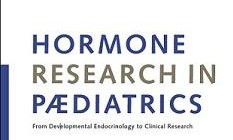
This resource provides information on the risk of diabetes and metabolic syndrome among childhood cancer survivors. Early diagnosis via standardized risk-based screening can improve long-term
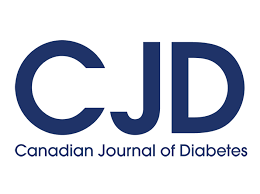
The rate of diabetes is higher in adult survivors of childhood cancer. The increased rate is highest in those treated at younger ages and after

The spleen produces antibodies and filters bacteria from the blood. It helps to protect the body against infections. Survivors are at increased risk of a
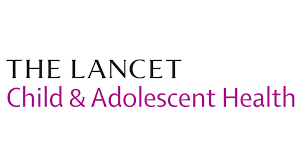
This resource outlines critical immune system concepts for those caring for childhood cancer survivors. It details immune function in childhood cancer survivors, summarizing the implications

There are two kinds of graft-versus-host-diseases: acute GVHD (aGVHD) and chronic GVHD (cGVHD). People who receive bone marrow/stem cell transplants can develop either kind, or

Some survivors who received treatment with vinblastine or vincristine develop a condition called Raynaud’s phenomenon. While not serious or life threatening, it causes occasional narrowing

Endocrine complications are highly prevalent in childhood cancer survivors. Approximately 50% of survivors will experience at least one hormonal disorder. This resource provides an overview